The Mongols.
Nothing seemed capable of stopping them. They went where they willed. The people of Hungary did what they could to fight them off, but they were consistently outmaneuvered, out-strategized, and out-soldiered by the Mongols.
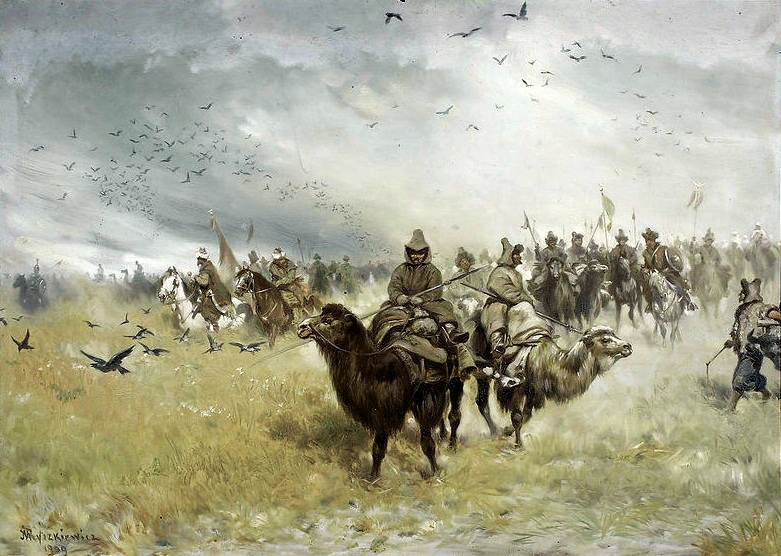
Hungary Tries to Fight
After the complete slaughter at the Battle of Mohi, where 50,000 Hungarian soldiers were cut down, the Mongols gained complete control of the country. The rest of the West seemed to be the next stepping stone, as nothing less than world domination had always been the goal of the Khans.
Those left in Hungary took to the woods and mountains to survive. To be caught was to, at the least, be turned into a slave. To live the rest of the day without suffering various forms of torture was the exception to the rule.
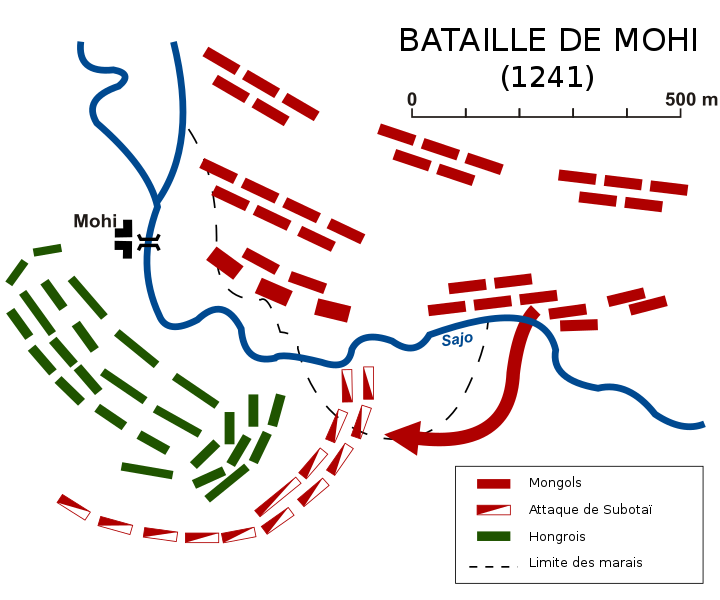
The Mongols roamed at will throughout the countryside, using lies of peace and fake Hungarian edicts to convince the people to remain in their homes instead of fighting or fleeing. Then, the Mongols swept through and slaughtered them.
All seemed lost as starvation set in for the Hungarians throughout the brutal winter of 1241-1242. The cold, snow, and freezing rain were intense, exacerbating the suffering of the many homeless. Misery added to misery. Spring arrived, yet the cold and the wet remained.
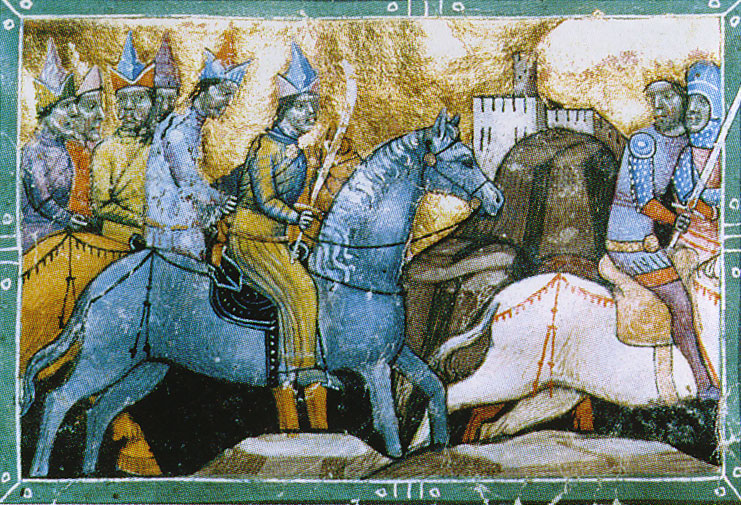
Disappearance
And then, just like that, the invaders disappeared.
Nobody could make any sense of what had just happened. Nobody had fought them off; no friendly armies had arrived for rescue. The rest of Europe and all its wealth stood before them, so why on earth would the Mongols have just quit?
The Mongols fought on horseback. This was the strength of their mode of fighting. They were fast, highly maneuverable, and entirely dependent upon their horses. Without his steed, a Mongol really wasn’t much of a Mongol. And the thing about horses was that they needed fresh pasture.
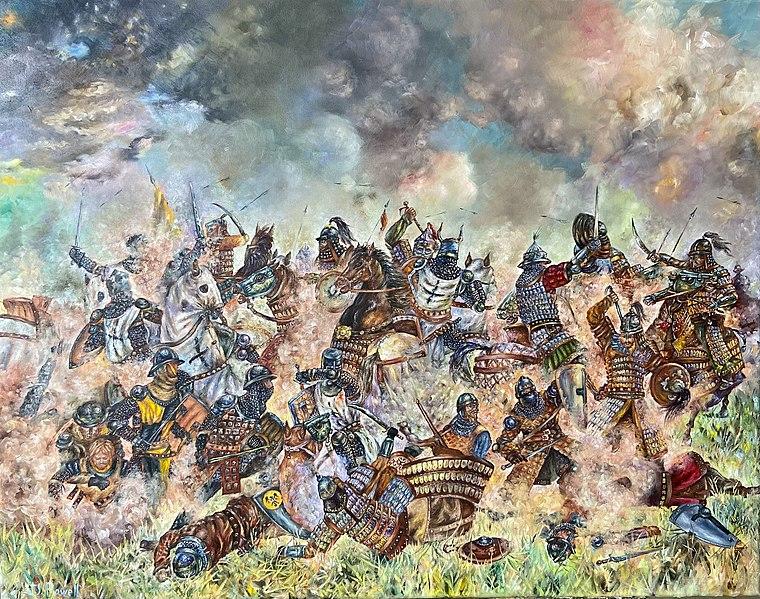
What the Hungarian survivors likely thought of as a curse had been used to aid their rescue – the cold wet.
Winter & Horses
Pastureland throughout the country flooded, making it inaccessible to a hungry horse. As Napoleon would discover at Waterloo centuries later, deep mud made it almost impossible for a horse to maneuver.
Faced with what must have seemed certain stranding in a strange country they had already pillaged to the roots, the Mongols must have realized that the only way they could live was to return home.
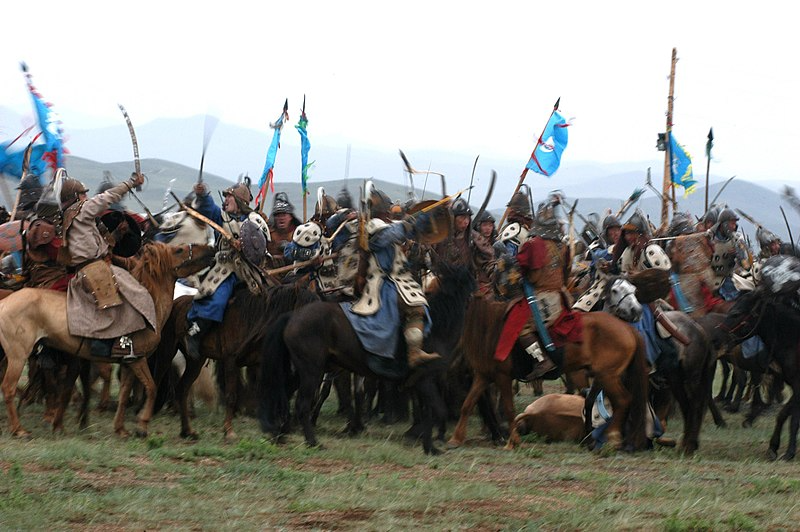
To continue deeper into Europe would have only been to face more armies, and with the Mongols having weakened horses to boot. That would have spelled the complete death knell of the Khan dynasty.
No, instead, home seemed the far better alternative, and so, that’s where they went.
And because of something as simple as the rain, the strong were confounded, and the rest of Europe was spared what could have very easily been a grisly fate.
This is a new style of article for Pew Pew Tactical, if you liked it — let us know in the comments! If you didn’t enjoy it…well phooey. To catch up on previous Pictures from History, click on over to our History Category.

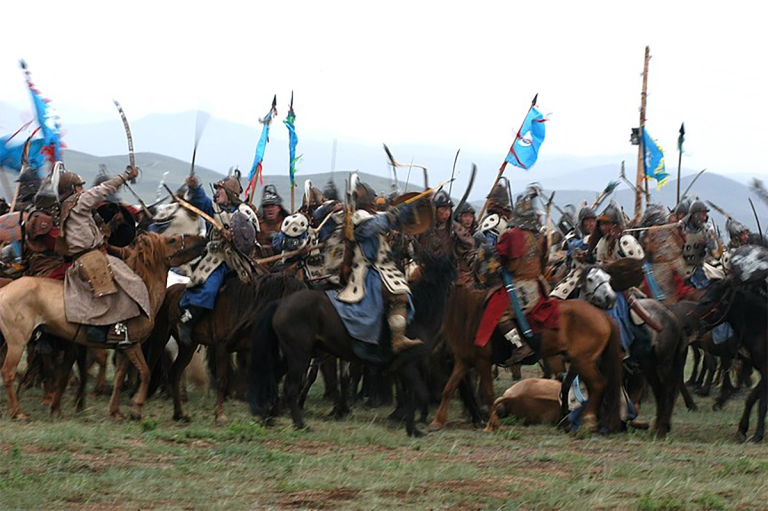







5 Leave a Reply
This article says the Mongols returned Home, however, I've always been led to believe they were always on the move and did Not have a home, as such. Fact check me.
Like
Good short history lesson on the Mongols !
Keep doing the history. We never got it in school.
I wonder if it rained enough if Biden, Obama and the rest of the Marxocrats would float away. They sure follow the Mongols tactics as their violence is ratcheting up.
Khan Ögedei Khan (1229–1241) died in 1241. It was the obligation of all warriors t oreturn and pcik a new Khan as leader.